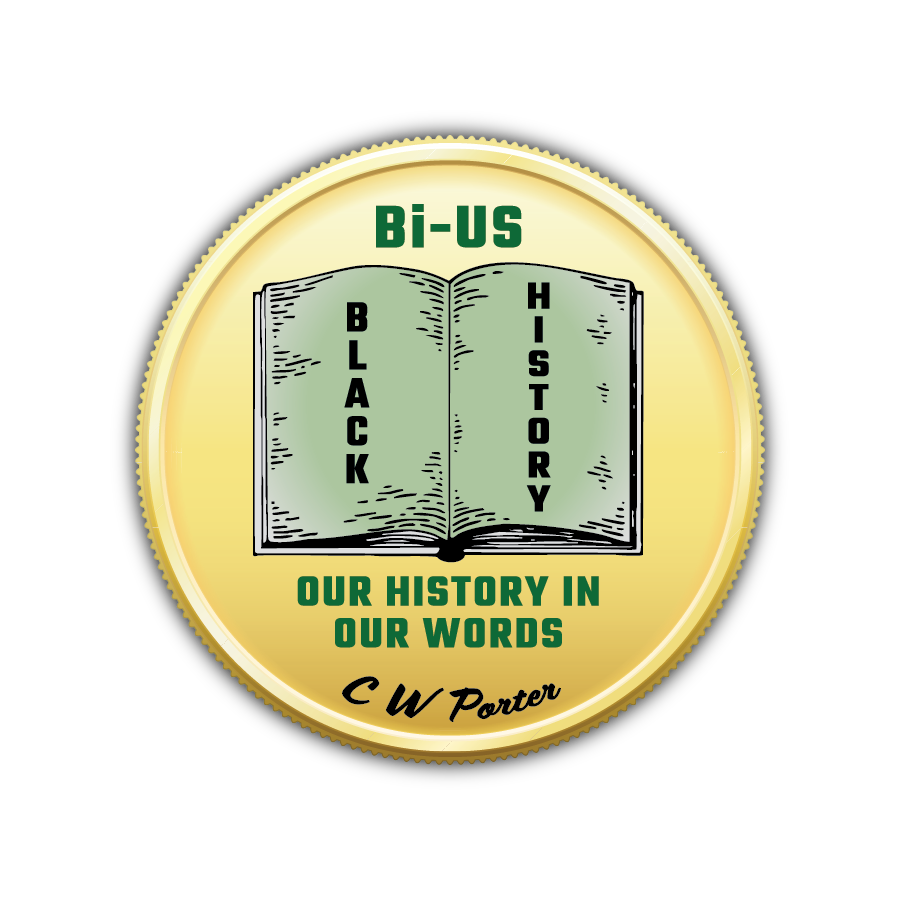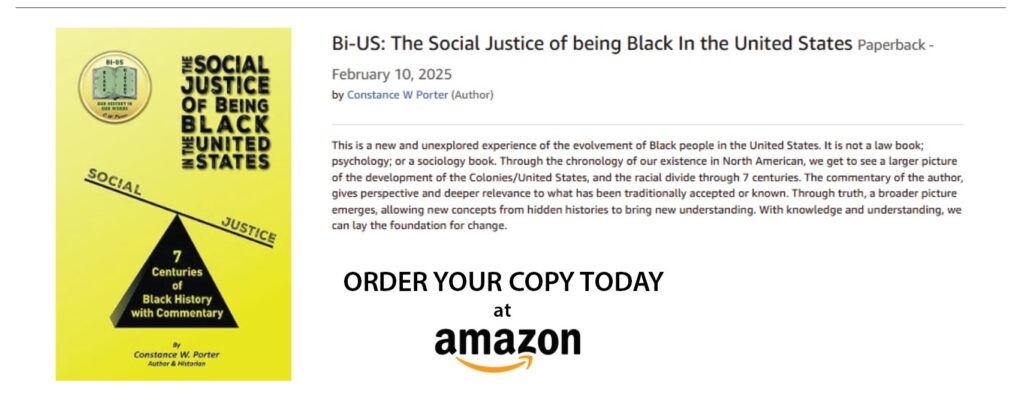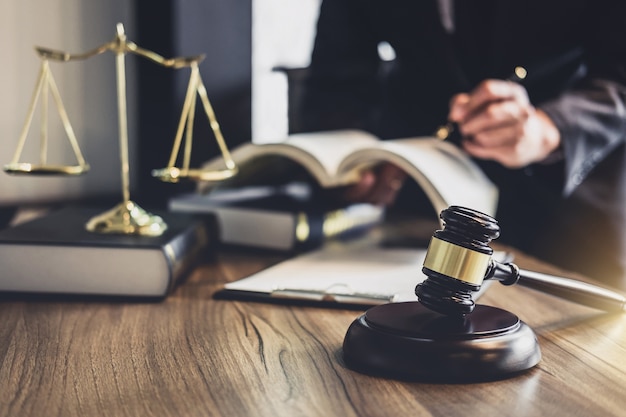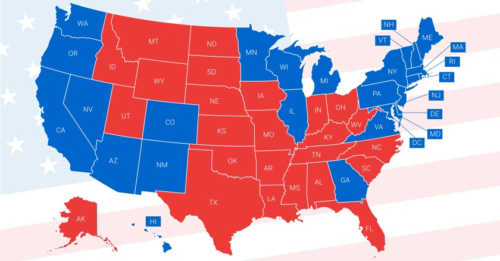Are We Following?
Is it the Constitution’s, the Court’s, Local Authorities, State, or Government Agencies? A. All of the above. Our country has been bi-polar on the subject. We have experienced the teeter-totter (see-saw) effects of changing interpretations of the law.
Right now, the judicial system is like a run-away train. Until there is some semblance of balance, there can be no justice; for anyone.
There is no oversight (error through lack of proper attention) committee, or accountability for courts. Their changes of opinion have been good sometimes, but mostly disastrous for black people. The effects are generational.
For black people, there is no separation between the legal and social aspect of life in these United States. Here, I re-affirm that we have been oppressed by law, with reprieves during the liberal swings of the political left-right pendulum.
Case in Point – through research, I was amazed to discover that Sit-Ins, and Freedom Rides came as immediate and direct results of a Supreme Court Case; Boynton v. Virginia in 1960. This began the Civil Rights Era. Again, the legal and social walked hand in hand. There are so many instances of social legal actions and social reaction, I could not possibly list them all. “What to do about the “negros” has always been a major preoccupation of US law.
Case in Point – The 4th Amendment of the Constitution provides protection against unreasonable search and seizure without a warrant or probable cause. We all know that government agencies (i.e., FBI & ICE), and police departments, and judicial rulings have set aside this AMENDMENT TO THE CONSTITUTION. The most current USSC police ruling in 1996, determined that only a pretext or suspicion or wrongdoing is required for police. It has not been challenged; it has been disastrous. A big problem is that many are not aware of this change in the law via the courts. EQUAL JUSTICE UNDER THE LAW, and the scales of Justice & Law might-as-well be replaced by a child’s teeter-totter. A bag of gold would weigh the bottom end.
Get your Copy Now
Basically speaking, our Constitution is little more than a guide for states, and for citizenship. The 14th Amendment and the Civil Rights Act of 1866, both declare the citizenship birthright of those born in the US. However, our Hispanic brothers and sisters have been challenged in this.
No matter how many Acts and Amendments there are; there are those who will not comply. Many claim a God given right for themselves, that outweighs Constitutional and human rights for others. Often states have no problem ignoring the Constitution because any challenge will likely appease them, just as the writers of the Constitution did when it was first approved.
The documentary “The 1619 Project” clearly established for me that the economic necessity of oppression will always outweigh the notion of equal justice. Knowing this, the dream that I had, has changed.
My original question of “Whose laws are we following?” has another answer; which is probably more correct; A. whatever gets enacted [made-up] along the way. Our challenge is to be a part of it.
CW Porter



